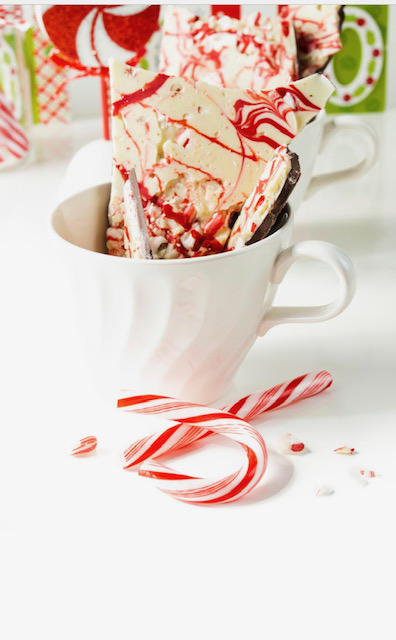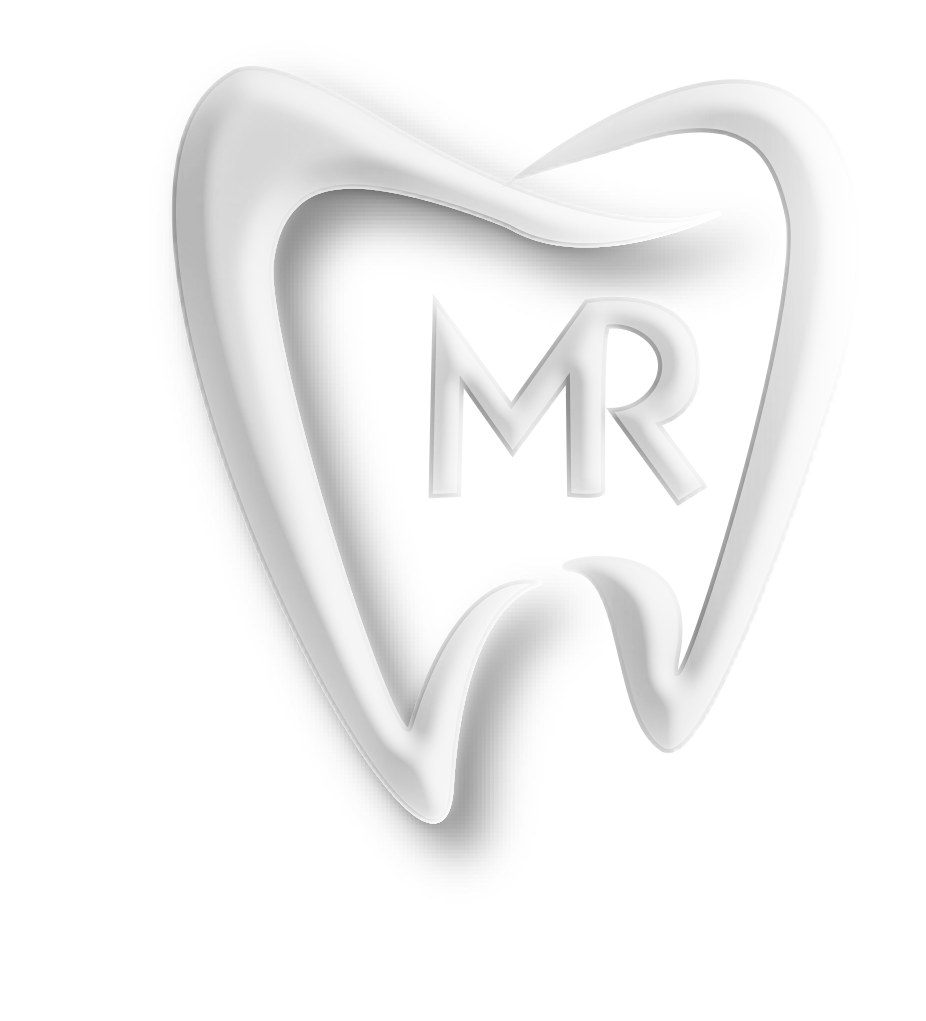
The Christmas holidays bring a season of an abundance of joy, family, stress, the ever-so-loved, once a year candied treats…and, cavities! Specifically, hard candy, otherwise known as boiled sweets, in particular, has a higher concentration of sugar than your typical southern pecan or pumpkin pie. This high concentration of sugar is part of what gives these particular candies their hard characteristic. Peppermints, the ever-famous candy cane, peppermint bark, brittle, toffee, and even the non-sugar-free cough drop you’re still grabbing in social settings from the nagging post-Covid cough are all examples of this hard candy that results in tooth decay. This high concentration of sugar creates the perfect environment for cavities. Not only is there an increased amount of sugar, but the sugar sits for a prolonged time on your teeth while the hard candy melts and dissolves in your mouth, which is another attraction to this type of candy.
SUGAR AND CAVITIES
Sugar by itself does not create a cavity, but sugar does feed the bacteria that cause cavities. As the bacteria feed on sugar, they produce acid, and it is that acid that eats away at your tooth’s enamel. This erosion of enamel causes tooth sensitivity that is intensified by cold weather. In addition, decay begins to form.
What are my options?
We get it; no one wants to hear that they have to ban candy forever, but choosing the right candy and taking the necessary preventative steps can help you enjoy the candy you choose to eat without the added challenge of tooth decay. Chocolate tends to be a better choice (as opposed to hard candy or chewy candy) because it naturally rinses off the teeth much easier and does not sit in the mouth as long as a hard candy. Think, peppermint bark!
However, if you do choose to eat hard candy, you can minimize the impact on your oral health by following a few simple steps:
- Eat candy in moderation: The more hard candy you eat, the more sugar there is to feed the bacteria in your mouth. If you are eating cough drops on a regular basis, try to save the wrapper, and take breaks with a single cough drop.
- Drink water and swish after eating candy: Water helps flush out any lingering sugars from the candy.
- Eat candy with a meal: Follow sound nutritional advice and eat your veggies first. But, after eating your veggies, you can responsibly treat your tastebuds. Because your mouth has already produced more saliva during the mealtime, eating candy with a healthy meal helps prevent decay. The saliva helps by counteracting the acid in your mouth and also helps flush out the sugar.
- Floss and brush: As soon as you are able, floss and brush after eating candy, especially sticky treats such as toffee or any kind of brittle.
Whether you treat yourself to a piece of candy once a day, once a week, or once a month, remember to schedule and keep your oral hygiene appointments regularly. The American Dental Association recommends regular routine visits to your dentist in order to catch cavities early. You are unique, and your oral health plan should be as well. In order to maintain a solid oral care routine, schedule your visits at least one month in advance. If you have questions about hard candy or cavities, don’t hesitate to ask us at your next visit: https://drmatthewrandall.com/make-appointment/ (Click here for an appointment). And, if you are experiencing tooth sensitivity since the holidays, give us a call to schedule an exam as soon as possible. 225-744-2273
